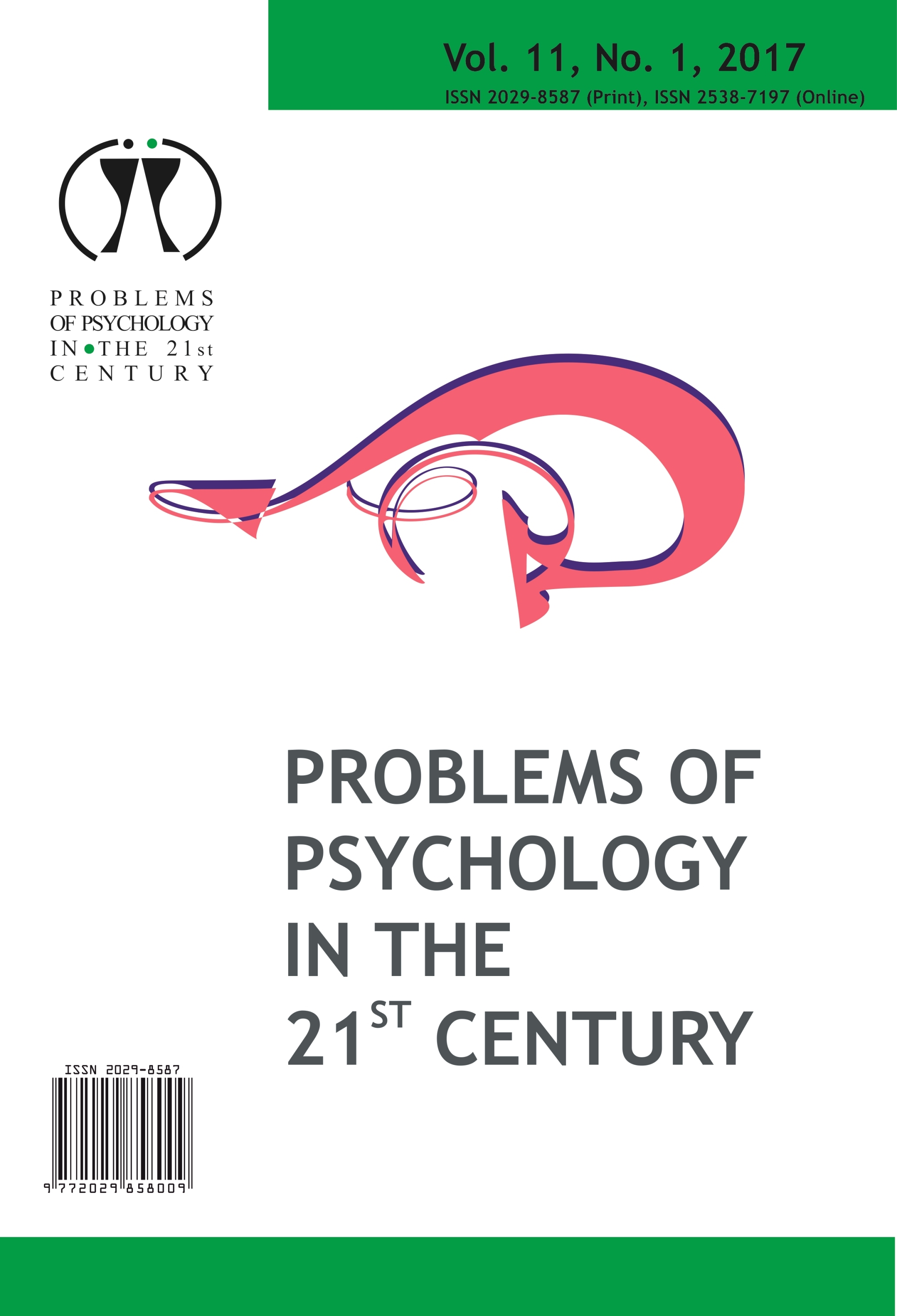MOZART EFFECT AND MUSIC PSYCHOLOGY: RECENT DEVELOPMENTS AND FUTURE RESEARCH
MOZART EFFECT AND MUSIC PSYCHOLOGY: RECENT DEVELOPMENTS AND FUTURE RESEARCH
Author(s): Vaitsa GiannouliSubject(s): Psychology, Neuropsychology
Published by: Scientia Socialis, UAB
Keywords: neurological disorders; cognitive performance; emotional reactions;
Summary/Abstract: The field of Music Psychology has grown in the past 20 years, to emerge from being just a minor topic to one of mainstream interest within the brain sciences (Hallam, Cross, & Thaut, 2011). Despite the plethora of research attempts to examine the so-called hotly disputed “Mozart effect” which was first reported by Rauscher, Shaw, and Ky (1993, 1995), we still know little about it. This group of researchers were the first to support experimentally that visuospatial processing was enhanced in participants following exposure to Mozart’s Sonata for Two Pianos in D major (K.448). Although the first research attempts referred to the Mozart effect as an easy way of improving cognitive performance immediately after passive music listening to Mozart’s sonata K. 448 (Chabris, 1999), after which healthy young adult students could perform with enhanced spatial- temporal abilities in tasks such as the Paper Folding Task (PFT), nowadays there is a number of studies indicating that this specific music excerpt does not necessarily have this magical influence on all cognitive abilities (e.g. on the overall Intelligence Quotient) in humans and on the behavior of animals (for a review see Giannouli, Tsolaki & Kargopoulos, 2010).
Journal: Problems of Psychology in the 21st Century
- Issue Year: 11/2017
- Issue No: 1
- Page Range: 4-5
- Page Count: 2
- Language: English

